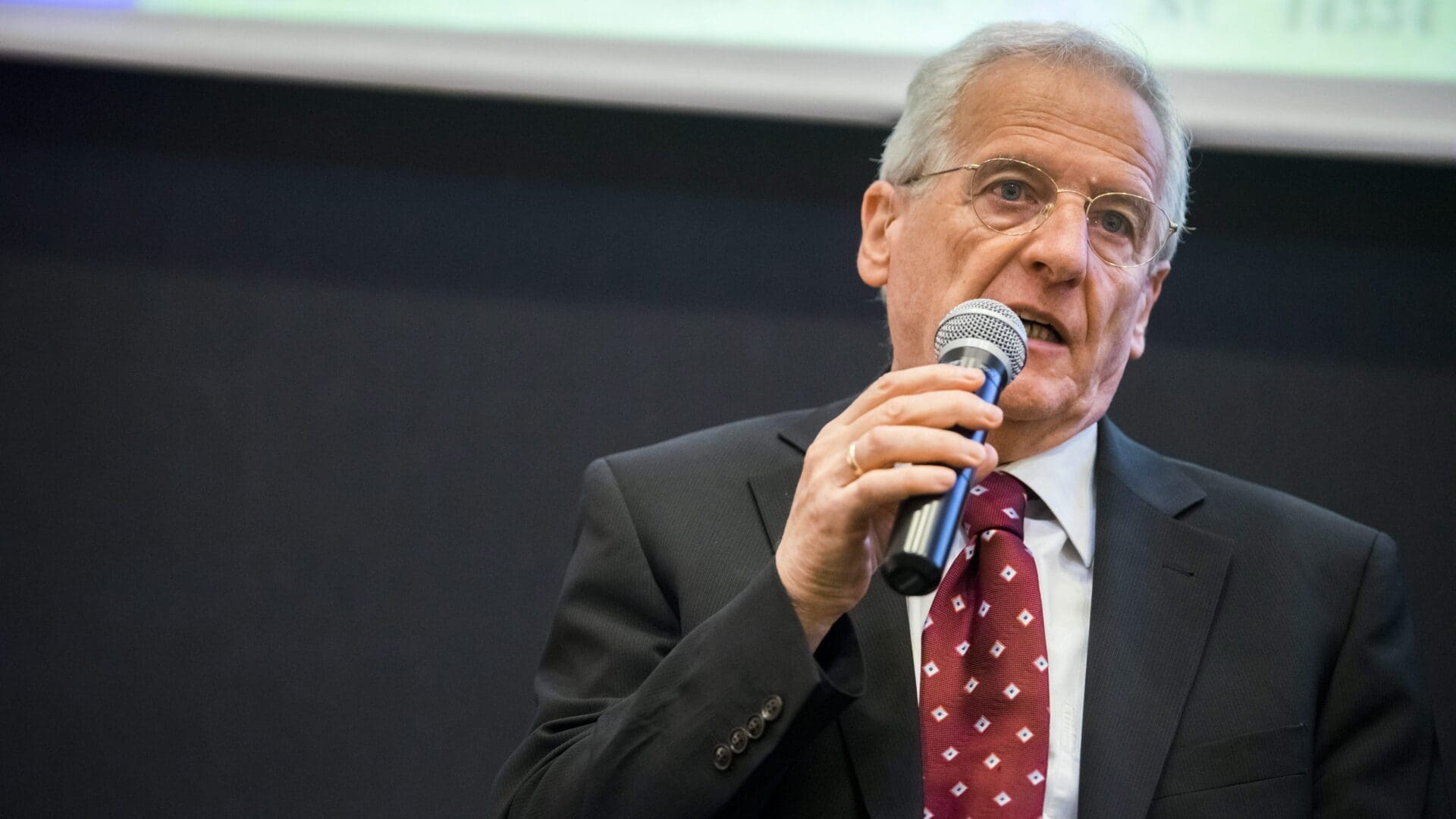László Sólyom, the former President of Hungary, the first President of the Constitutional Court, legal scholar, and university professor, passed away at the age of 81 on Sunday, 8 October the the office of the former President announced.
László Sólyom has ‘passed away, after a long battle with illness, with tremendous strength, activity, and cheerfulness,’ as stated in the statement written by Balázs Landi. ‘I offer my condolences on the passing of László Sólyom, the former President of Hungary,’ wrote President Katalin Novák in a statement of her own on Sunday.
Katalin Novák on Twitter: “Dr. László Sólyom, former President of Hungary has passed. He was also the first President of the Constitutional Court, a key figure of the Hungarian regime change and an internationally acclaimed legal scholar. God rest his soul! pic.twitter.com/sB3I8BCEnd / Twitter”
Dr. László Sólyom, former President of Hungary has passed. He was also the first President of the Constitutional Court, a key figure of the Hungarian regime change and an internationally acclaimed legal scholar. God rest his soul! pic.twitter.com/sB3I8BCEnd
László Sólyom was an internationally recognized legal scholar who played a defining role in the regime change, the establishment of democracy, and the creation of the constitutional frameworks that shape our lives. He participated in the National Round Table and later served as the first President of the Constitutional Court. ‘I am grateful that he shared his experiences with me,’ incumbent President Novák added. In memory of the deceased statesman, the national flag was lowered to half-mast at the Sándor Palace.

The LMP party, the Göncz Árpád Foundation, and the Data Protection Professional Association also bid farewell to the former President in a joint statement.
According to the statement from LMP,
Sólyom had ‘indelible merits in defining the legal framework of the democratic transition and the principles of constitutionalism stemming from it.’
LMP also wrote that, as the first President of the Constitutional Court, he was a staunch defender of Hungary’s constitutional institutions. As President, he viewed his office as an institution above party lines, where the highest state office he represented, and not his own persona, was in the foreground. LMP’s political community is particularly grateful to Sólyom for his efforts throughout his entire career to protect environmental values, as stated in the party’s statement.
According to the Göncz Árpád Foundation, Sólyom was a defining figure in Hungary’s democratic changes. He contributed significantly to the fulfilment of Hungarian constitutionalism and the enforcement of human and civil rights during his constitutional court activities. ‘His relationship with Árpád Göncz was characterized by mutual respect. They saw many things differently, but they shared a commitment to Hungary’s fate,’ the statement read, authored by István Bibó, András Gulyás, the chairman of the foundation’s board, and historian János M. Rainer.
Embassy of Hungary in the UK on Twitter: “🙏R.I.P. László Sólyom who was a key figure in the change of regime in #Hungary, the first president of the Constitutional Court and the third President of the Republic of Hungary. 🕯️ pic.twitter.com/tIX21GljT1 / Twitter”
🙏R.I.P. László Sólyom who was a key figure in the change of regime in #Hungary, the first president of the Constitutional Court and the third President of the Republic of Hungary. 🕯️ pic.twitter.com/tIX21GljT1
The Data Protection Professional Association also highlighted that László Sólyom’s legal career earned him international recognition. ‘We are all grateful for his research work in the field of data protection, freedom of information, personal rights, and constitutional fundamental rights,’ their statement emphasized.
All three organizations expressed their condolences to the family of the deceased.
László Sólyom played an instrumental role during Hungary’s transition from a communist regime to a democratic state. He was actively involved in the National Round Table talks, a series of negotiations in 1989 that led to the peaceful end of communist rule in Hungary. These talks paved the way for democratic elections and the establishment of a new political system.
After the fall of communism, Sólyom was appointed as the first President of the Constitutional Court of Hungary in 1990. In this role, he helped shape the constitutional framework of the country, ensuring the protection of human rights, civil liberties, and the rule of law.
In 2005, László Sólyom was elected President of Hungary, serving in this position until 2010.
During his presidency, he was known for his commitment to constitutionalism and his defence of democratic principles. His tenure was marked by a focus on the rule of law and constitutional issues.
Following his presidency, Sólyom remained active in legal and academic circles. He continued to contribute to legal scholarship and participated in discussions on constitutional matters.
László Sólyom is remembered for his significant role in Hungary’s transition to democracy and his dedication to upholding the principles of constitutionalism. His work as a legal scholar, his contributions to the National Round Table talks, and his leadership as the first President of the Constitutional Court have left a lasting impact on Hungary’s legal and political landscape.
Related articles:
Source: Hungarian Conservative/MTI/Sándor Palace/LMP








